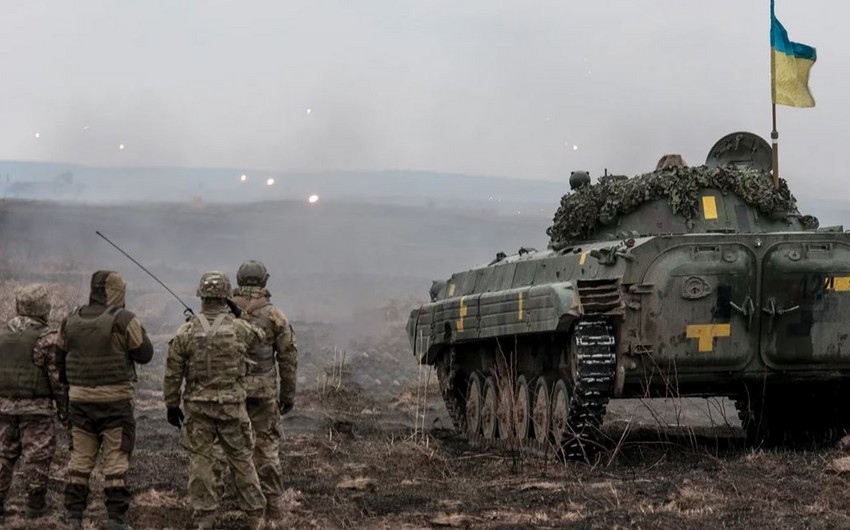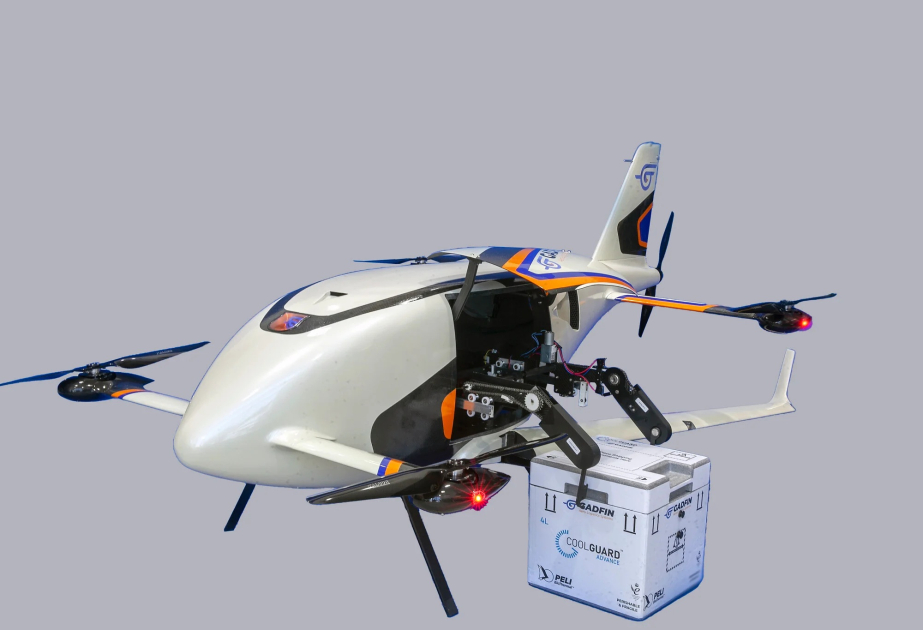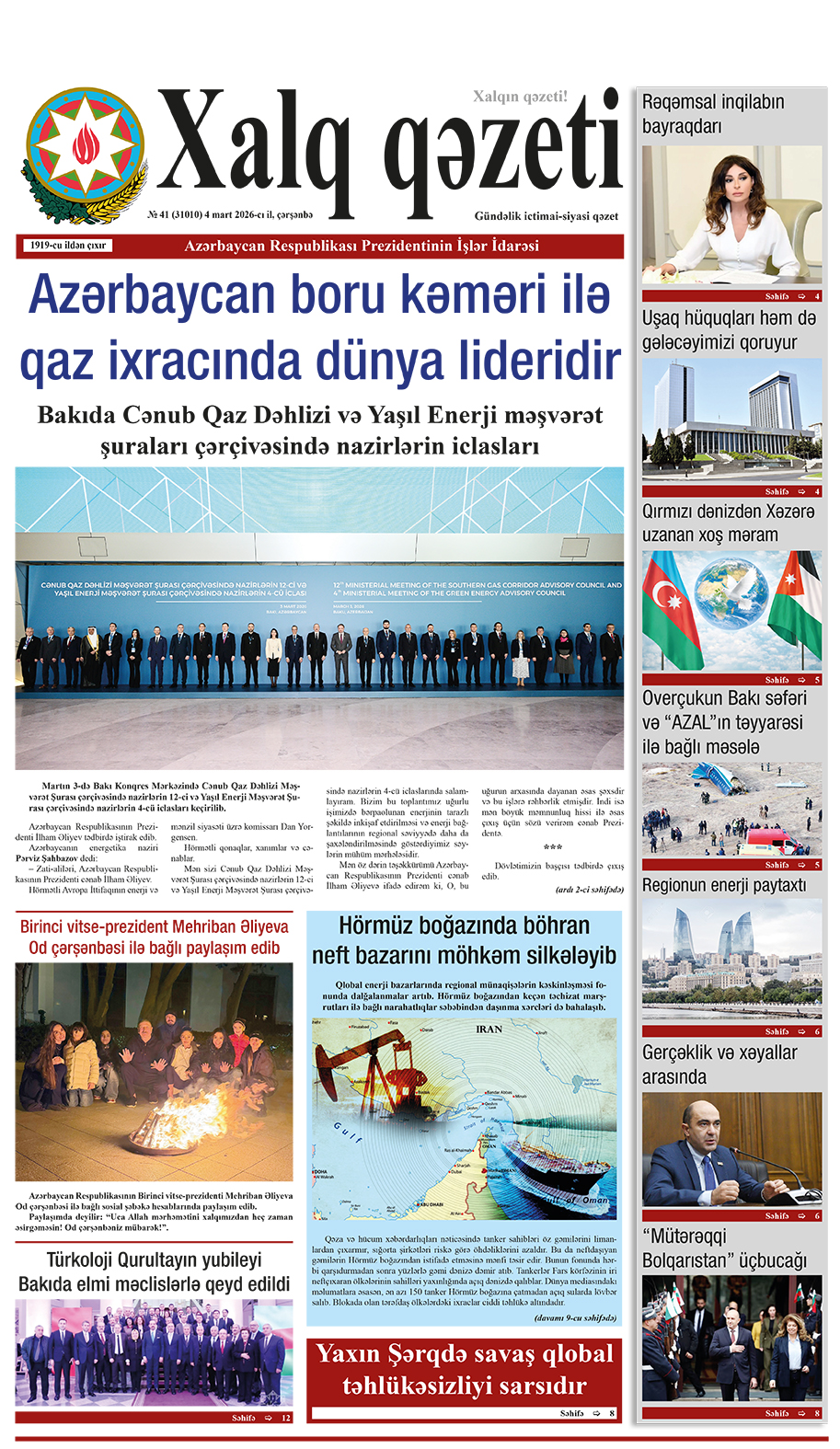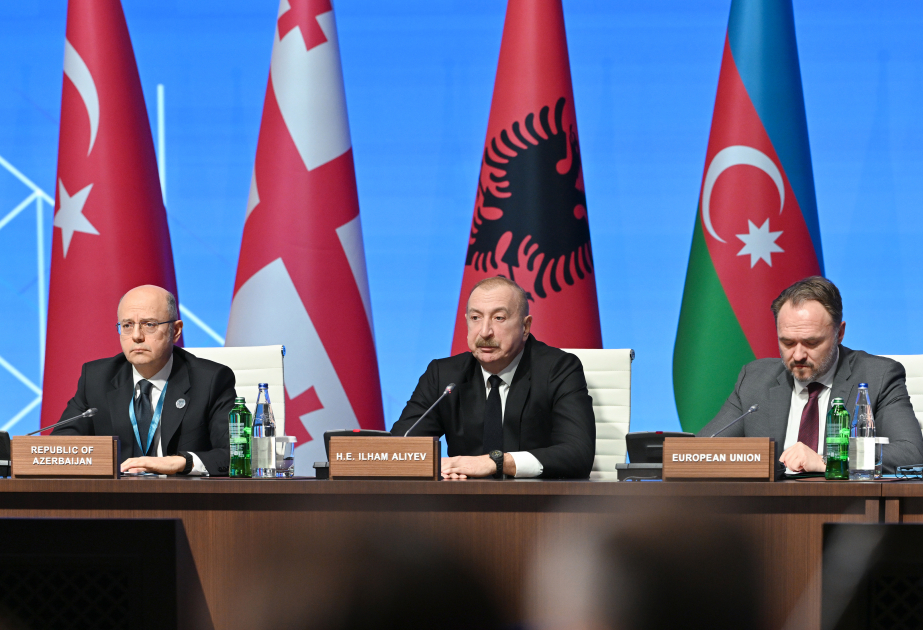In recent days, some political changes in Western countries have led to the weakening of aid to Ukraine, which has opened the way for international discussions, Ukrainian experts told Report's Eastern Europe Bureau while commenting on the current situation.
Expert Andrey Buzarov said that countries such as the US, Canada, Germany, and Bulgaria declared the possibility of sending weapons to Ukraine at the meeting held on November 22 in the Ramstein format: "For now, this is a statement. I hope that Ukraine's allies will not stop the supply of weapons to our country. But actually, we can say that there are two problems."
The expert pointed to logistics as the first problem: "For example, there is some problem with the supply of weapons via Poland. But it is possible to send weapons to Ukraine through other countries: Hungary, Romania, and Slovakia. In other words, it is possible to solve logistical problems, but it is delayed."
According to him, the second problem is related to the internal political situation of the United States: "At present, we see difficulties in making decisions about how much aid to Ukraine will be allocated from the US state budget. But the decision was made."
In his opinion, it is necessary to pay attention to one point regarding the supply from Western countries to Ukraine: "The demands of the Armed Forces of Ukraine are increasing due to the prolongation of the war. Russian pressure is increasing, and this country is adapting to the situation using various means. Of course, we also adapt to this situation. Therefore, our Western allies need time to allocate proper funds."
Military expert Dmitry Gromakov noted that it's often said that Ukraine's counter-offensive operations have failed: "Moreover, they say that the time has come to negotiate. But, as usual, this is voiced by politicians. Military experts from Western countries and NATO express different opinions. According to them, it is impossible to calculate the duration of military operations."
Gromakov believes there is a simple reason for this: "We don't know when new weapons will be delivered to Ukraine. In fact, it is very difficult to predict the steps of the enemy. The military operations carried out in the summer have shown this. At that time, Ukraine could not get military equipment at the right time and in the necessary quantity. As a result, the enemy was able to strengthen in three lines of defense, mine the areas, and thereby effectively slow down the advance of our army. Despite this, Ukraine liberated 50 kilometers of its territory in the southern direction in the summer."
The expert also said that Ukraine has acquired new positions on the right bank of Dnieper: "Therefore, it is not correct to say that the military operations were completely unsuccessful. Our army is doing its best. As for calls to start negotiations, the necessary conditions for this have not been created in Ukraine. The enemy strengthens its position and advances. But is Russia ready to start talks with the current government in Ukraine? Therefore, the issue of negotiations will be resolved on the battlefield."
He said that Russia will not start negotiations unless it faces more serious losses during the war: "The war between Ukraine and Russia is not only a war between these two countries - a challenge to the world order. Of course, Kyiv alone cannot defeat Russia, which is almost three times its size. This should be the struggle of the whole democratic and free world against dictatorship. There is only one way out of this situation. We must come together and decide how to get Russia to negotiate. This is the goal of Ukraine in this war: protection of the state, international law, and restoration of territorial integrity and sovereignty. The international community should make a decision regarding the fate of Russia."















